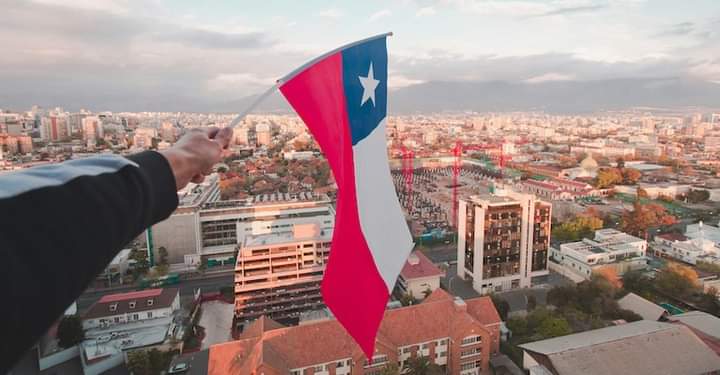Chile has become the first country in the world to ratify the UN High Seas Treaty otherwise known as an ocean conservation agreement.
Recall that about 84 countries have signed the treaty marking their commitment to ratify the treaty.
On 16 January the South American nation Senate unanimously approved the High Seas Treaty, officially known as the Biodiversity Beyond National Jurisdiction Treaty (BBNJ).
The treaty sets up a procedure to establish large-scale marine protected areas in the high seas, which cover nearly two-thirds of the world’s oceans, aiming at reaching the target of conserving 30% of land and sea by 2030.
For the treaty to enter into force, 59 other countries are needed to ratify the treaty by 2025. This timing is to ensure the globally agreed target of protecting 30% of the oceans by 2030 is within reach.
The negotiations for the BBNJ treaty had been ongoing since 2004. It was only formally adopted by governments in June 2023. The signing of the treaty took place in September, and 84 countries have signed the treaty as the first step to ratification and coming into force.
Led by its President Gabriel Boric, Chile proposed the port city of Valparaíso, located 109 kms from Santiago, as the candidate to host the Treaty Secretariat.
📸: Photo: Unsplash




Comments are closed.